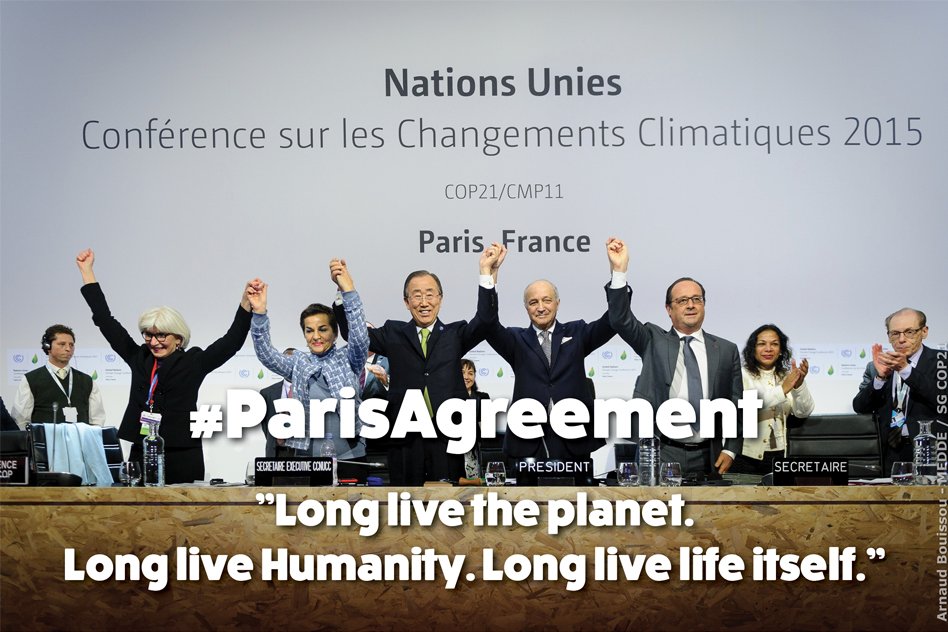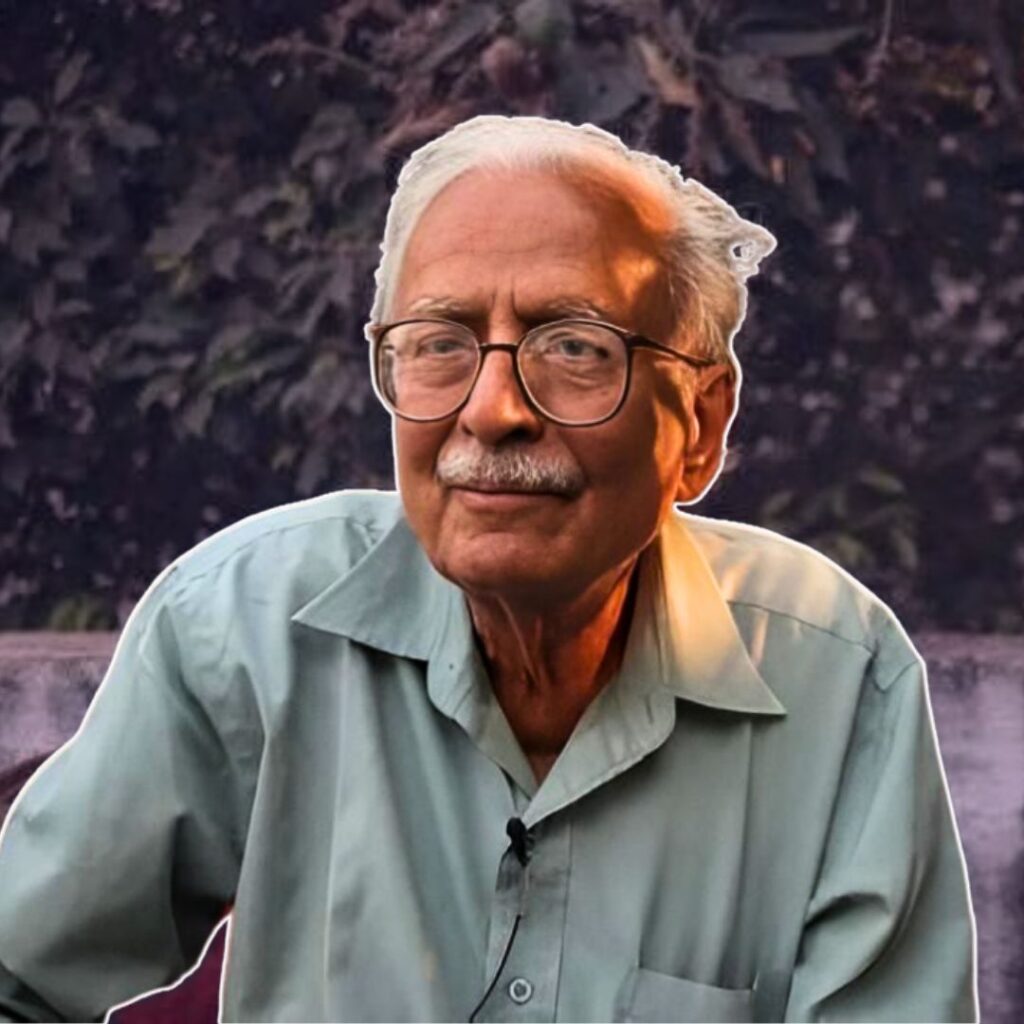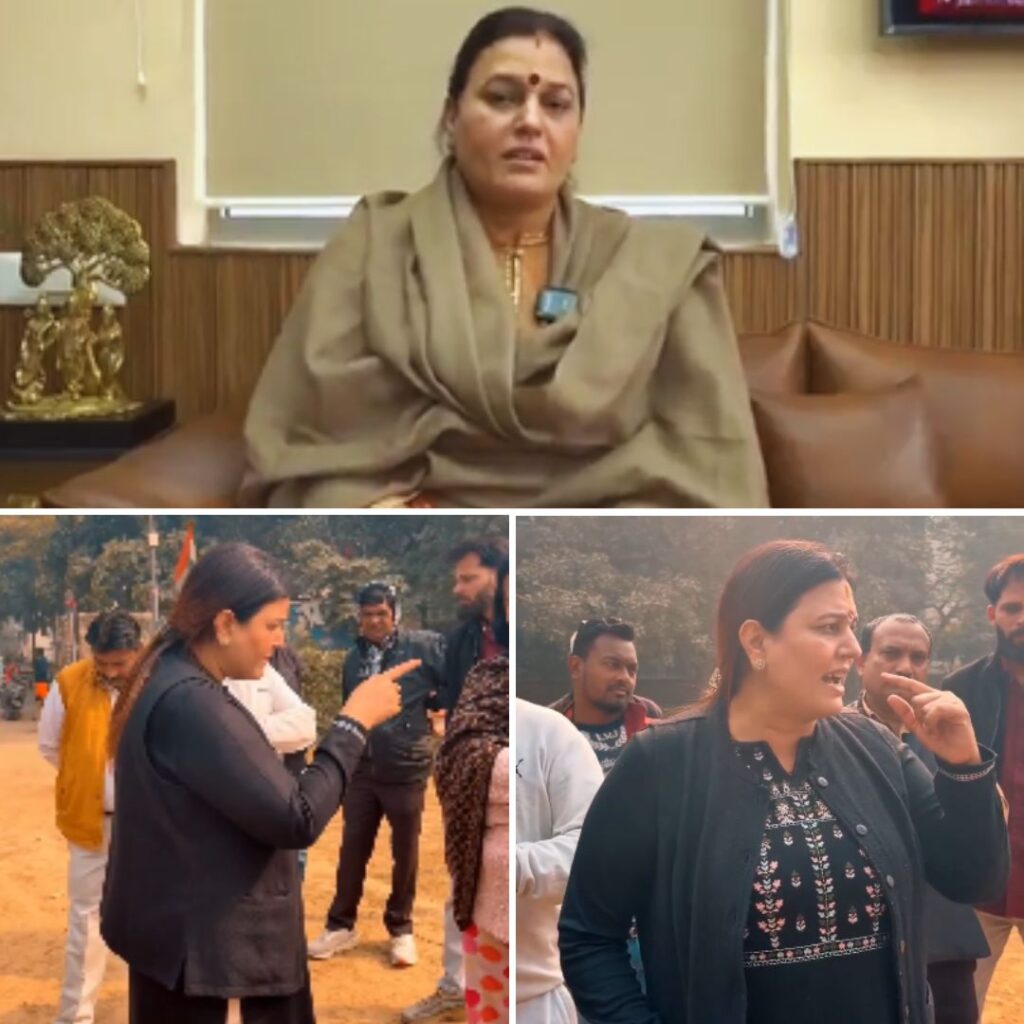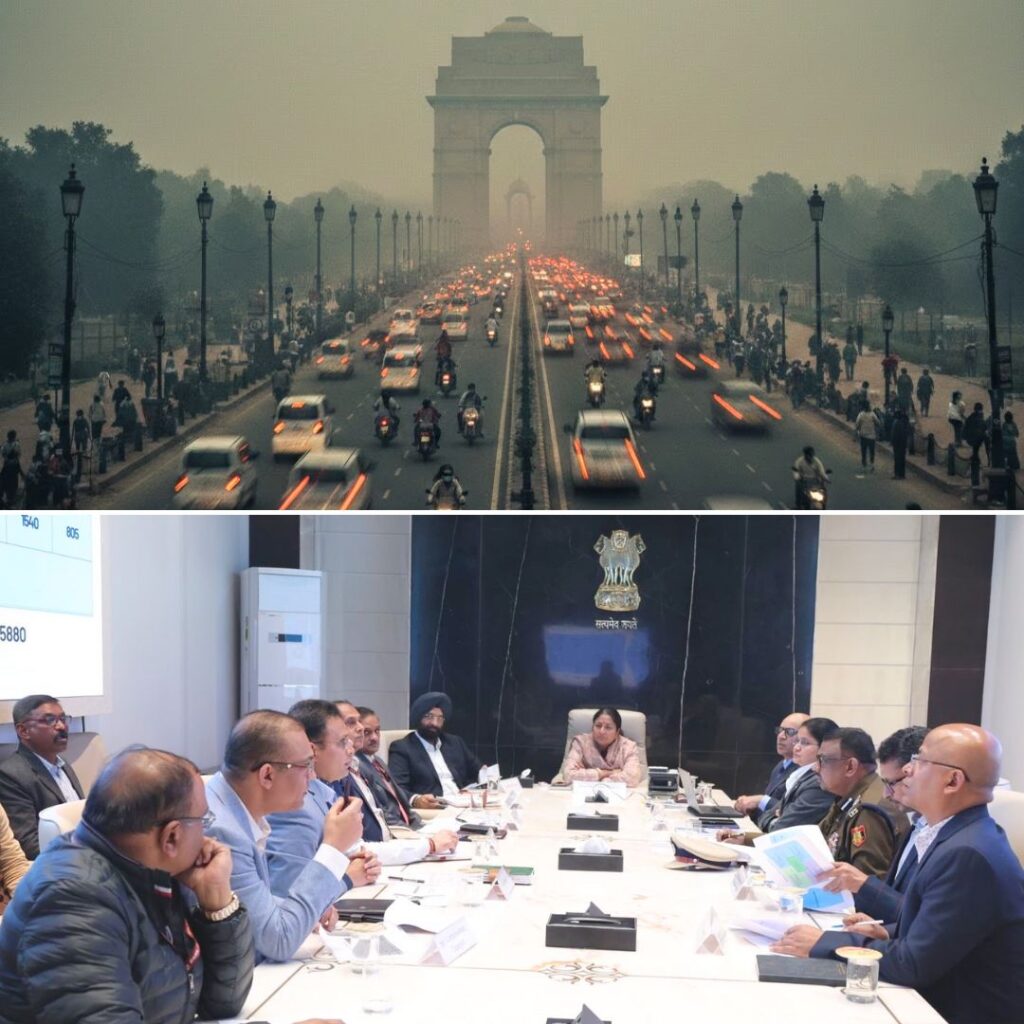2015 was a highly eventful year. It was a year filled with conflict, scientific breakthroughs, economic uncertainty and a rising threat of terrorism. The Logical Indian lists the most important events of 2015 that took place around the world.
2015 United Nations Climate Change Conference
Image Courtesy: gouv.fr
From 30 November to 11 December, world leaders met in Paris to reach a conclusive global agreement to act against climate change and decrease the carbon footprint. The talks were scheduled to end on 11 December but when the day came, countries were still sparring over clauses and it seemed as if this Climate Conference too would end in futility. But a last-minute desperate pitch by the host nation France to extend the Conference by a day proved to be the deal-maker. In one final push, the world came together with an ambitious – and, yes, unprecedented – climate deal which will be our best chance to fight global warming.
Diplomacy: Bangladesh-India
Image Courtesy: cloudfront
On 6 June, India and Bangladesh signed agreements to simplify their 4000-km border and thereby provide citizenship to over 50,000 people. The two nations swapped 162 enclaves and solved a territorial dispute that had admonished the complexly-divided region to poverty and economic stagnation.
Diplomacy: China-Taiwan
Image Courtesy: thenypost
On 7 November, after six decades of tension, Chinese President Xi Jinping and Taiwanese President Ma Ying-jeou met in Singapore. The meeting was the first of its kind since the end of the Chinese Civil War in 1949. Observers heralded the meeting as “historic” and there are presently calls for constructive dialogue between the two parties.
Diplomacy: Cuba-US
Image Courtesy: nytimes
After decades of Cold War animosity, Cuba and the US restored diplomatic relations on 20 July. Popularly called “The Cuban Thaw”, negotiations were held secretly in Canada and Vatican City, mediated by Pope Francis. In the months following July, travel sanctions were lifted from Cuba and embassies were reopened in both countries. Many economic sanctions on Cuba remain because the restoring of relations is yet to get Congressional approval in Washington. However, US President Barack Obama has publicly declared full support for uplifting of sanctions.
Europe’s Economic Crises
Image Courtesy: channel4
Europe’s debt crises following the 2008 – 2009 recession skyrocketed unemployment and curbed economic growth. The crises were due to many reasons, one of them being the existence of a currency union but no fiscal union. The effect of the crises was different for different members of the Eurozone as states struggled to repay debts with external aid from the European Central Bank (ECB) and the International Monetary Fund (IMF).
• The Greek debt crisis1: On 30 June Greece became the first developed country to fail to make an IMF loan repayment. Fearing that if Greece would default, other Eurozone states would follow and thus precipitate global economic meltdown, Germany and other Eurozone states offered Greece more bailouts in exchange for implementing austerity measures.
• The Greek referendum: On 5 July, the Greek people voted 61%-39% to reject the terms put forth for a third bailout for Greece. The austerity measures had severely affected Greek society. The referendum and the crisis reformed the political structure of Greek – and European – politics.
Homo Naledi
Image Courtesy: nationalgeographic
A major breakthrough in evolutionary science was finalized when Homo naledi was described as one of modern human beings’ ancestors. After being discovered in 2013 in South African’s Rising Star cave system, the importance of Homo naledi was finally gauged on 10 September when scientists declared it as an extinct hominim. The fossils are yet to be dated due to the limitations of radiocarbon dating.
Iran Nuclear
Image Courtesy: bipartisanpolicy
Deal After 20 months of hectic negotiations and global uncertainty about it, Iran signed a historic nuclear deal with the P5+1 and the EU on 14 July. In brief, under the deal’s provisions, Iran agreed to cut its low-enriched uranium stockpile by 98%, eliminate its medium-enriched uranium stockpile, reduce by two-thirds the number of its centrifuges and not build any uranium-enriching facilities for
1 https://thelogicalindian.com/story-feed/exclusive/the-greek-debt-crisis-explained/
15 years. In return for Iran abiding by these commitments, the US and the EU agreed to lift the several sanctions imposed on Iran.
ISIL
Image Courtesy: philwalter
2015 saw the spread of the Islamic State of Iraq and the Levant (ISIL). On 7 March, Nigeria-based terror group Boko Haram pledged allegiance to ISIL and has since carried out attacks in Nigeria and Chad. 21 Egyptian Christians were beheaded by ISIL on 15 February. On 26 June an unprecedented wave of terror attacks struck in France, Kuwait, Somalia, Syria and Tunisia. The day came to known as “Black Friday”. As of now, the terror group reigns over 10 million people in Iraq and Syria. The US-led Combined Joint Task Force is engaged in military combat with ISIL. On 30 September, Russia formally entered the war against ISIL. Following attacks in Paris on 13 November, France, Germany and the UK escalated airstrikes against the terror group in Syria.
LGBT Rights
Image Courtesy: huffpost
Rights 2015 saw major strides in the direction of LGBT equality. Many countries decriminalized homosexuality and gay marriage. In India, during the Winter Session of Parliament, two leaders from the ruling and opposition parties – Mr Jaitley and Mr Tharoor – publicly called for the scrapping of Section 377 which criminalizes homosexuality. • On 23 May Ireland became the first country to legalize gay marriage through a referendum. The event was of great importance considering Ireland’s reputation as a Catholic nation with a more or less conservative history. • On 26 June the Supreme Court of the United States of America ruled that the ban on gay marriage was in violation of the US constitution, effectively legalizing the same in all 50 US States.
Liquid Water On Mars
Image Courtesy: NASA
On Mars On 28 September, the world woke up to a new era of space exploration and discovery. NASA’s Mars Reconnaissance Orbiter (MRO) had found the strongest evidence yet of liquid water existing on the Red Planet. While this historic discovery doesn’t by itself offer evidence for Martian life, it offers a huge breakthrough in science. The MRO was launched in 2005 and is managed by the California Institute of Technology.
Nepal Earthquake
Image Courtesy: eonepalearthquakerelief
On 25 April, an earthquake of magnitude 7.9 struck Nepal, killing 9,000, injuring 23,000 and displacing 450,000. Several aftershocks caused more damage.
Economists estimate that rebuilding Nepal would take 20% of its current GDP. The international community and neighbouring countries answered calls for humanitarian aid duly.
Paris
Image Courtesy: independent.co.uk
•On 7 January, two gunmen forced their way into the headquarters of Charlie Hebdo, a French weekly satirical magazine. The resulting mass shooting killed 12 and injured 11. The attack was claimed by Al-Qaeda’s Arabian peninsula branch and was in retaliation to the magazine’s long history of publishing controversial cartoons and comics, including those of Muhammad.
• From 10 to 11 January, 3.7 million people including the leaders of 40 countries marched in Paris. Everybody was chanting “Je suis Charlie” (I Am Charlie) as the civilized world stood up for free speech and freedom of press.
• In the deadliest attack on French soil since World War Two, seven terrorists carried out a series of attacks across Paris on 13 November. 130 people were killed and 368 injured. The Islamic State of Iraq and the Levant (ISIL) claimed responsibility for the attacks, saying they were in retaliation to French airstrikes on ISIL targets in Iraq and Syria. Following the attacks, France declared a state of Emergency, closed its borders and escalated airstrikes against ISIL.
Syria
Image Courtesy: newsweek
•The biggest military conflict of our time, the Syrian Civil War, entered its fourth year in 2015. The rise of ISIL and Russian involvement made the war more complicated or, as Bernie Sanders put it, “a quagmire in a quagmire.” Its spill-over in Lebanon, Turkey and Jordan has further destabilized the region. With nearly a dozen countries involved in the conflict and the US and Russia supporting opposing factions, commentators opine that the war is transforming into a “proto-world war”2.
• Four million refugees have fled the war in Syria, mostly to Turkey, Lebanon, Jordan and Iraq. The refugee crisis has spilled over to Europe, Canada and the US. On 3 September the photo of Aylan Kurdi, a 3-yearold Syrian Kurd, washed up on the Turkish shore caused international outrage and brought global attention to the escalating refugee crisis. Saudi
2 http://www.nytimes.com/interactive/2015/10/16/world/middleeast/untangling-the-overlapping-conflicts-inthe-syrian-war.html?hp&action=click&pgtype=Homepage&module=photo-spot-region®ion=topnews&WT.nav=top-news&_r=0
Arabia and other Gulf states have faced condemnation for not contributing to the resettlement of the refugees.
• After the failure of several peace proposals, all eyes are on the ongoing peace talks in Vienna which have called for ceasing of hostilities and a transition period overseen by the UN before democratic elections can be held in Syria.
The Trans-Pacific
Image Courtesy: michaelczinkota
Partnership Twelve Pacific Rim nations, after seven years of negotiations, concluded a trade agreement on 5 October. Essentially an agreement to decrease tariffs and foster free trade, the TPP is extremely polarizing due to certain clauses, its extensive impact and the secrecy involved in negotiating the treaty.
Yemen
Image Courteys: alarabiya
Beginning on 21 March, a Houthi-led offensive against the incumbent President Hadi conquered large swathes of Yemeni territory and occupied Aden. On 25 March, Hadi fled Yemen following which a Saudi Arabia-led coalition aided by the US launched military operations against the Houthi forces. Al-Qaeda and ISIL have also featured in the conflict. A ceasefire was imposed on 15 December and peace talks between the parties organized in Switzerland.



 Image Courtesy:
Image Courtesy:  Image Courtesy:
Image Courtesy:  Image Courtesy:
Image Courtesy:  Image Courtesy:
Image Courtesy:  Image Courtesy:
Image Courtesy:  Image Courtesy:
Image Courtesy:  Image Courtesy:
Image Courtesy:  Image Courtesy:
Image Courtesy:  Image Courtesy:
Image Courtesy:  Image Courtesy:
Image Courtesy:  Image Courtesy:
Image Courtesy:  Image Courtesy:
Image Courtesy:  Image Courtesy:
Image Courtesy:  Image Courtesy:
Image Courtesy:  Image Courteys:
Image Courteys: 








